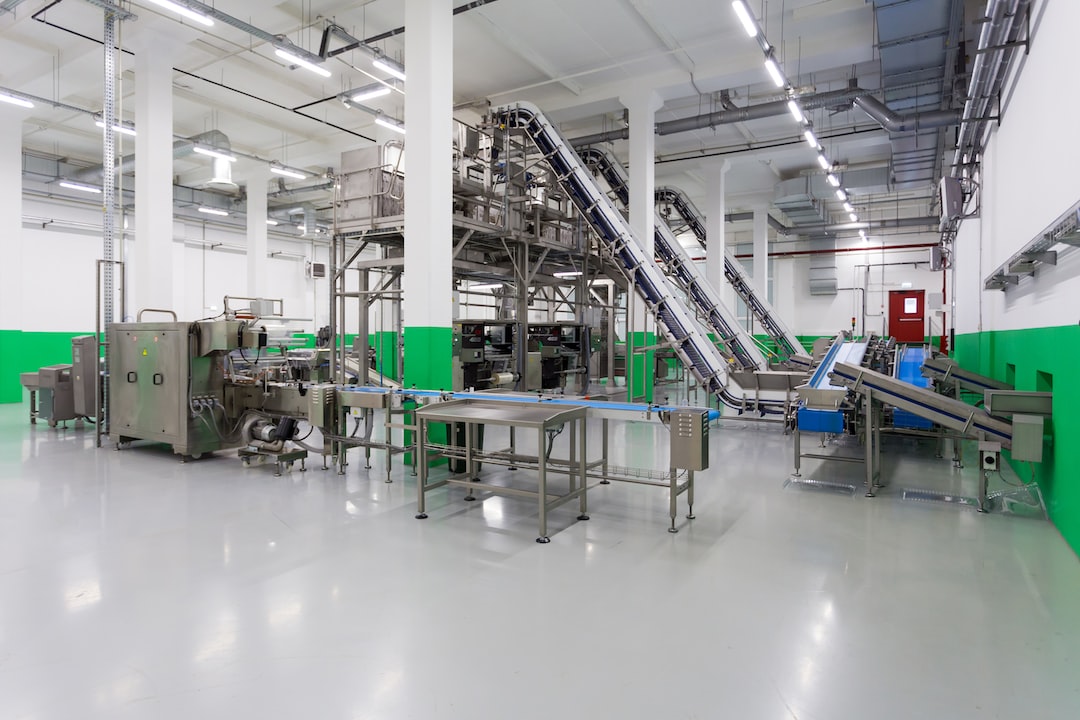Building a Sustainable Workforce in Manufacturing: Strategies for Employee Retention
Manufacturing is the backbone of many economies around the world, providing employment opportunities and driving economic growth. However, keeping a strong and sustainable workforce in the manufacturing sector can be a challenge. High turnover rates, skills shortages, and the changing job market are just a few factors that make it difficult to retain talented employees. In this blog post, we will explore various strategies that manufacturing companies can adopt to build a sustainable workforce and improve employee retention.
1. Competitive and Attractive Compensation Packages
In today’s competitive job market, offering competitive and attractive compensation packages is crucial for attracting and retaining top talent. Manufacturing companies should conduct regular market research to ensure their compensation packages are in line with industry standards. This includes not only competitive wages but also benefits such as health insurance, retirement plans, and flexible work arrangements.
2. Continuous Skills Development and Training
Investing in the training and development of employees shows them that the company values their growth and career advancement. Providing ongoing training programs, workshops, and certifications can help employees enhance their skills and stay up-to-date with industry trends. This commitment to employee development not only improves their job satisfaction but also directly benefits the company through a more skilled and efficient workforce.
3. Health and Wellness Initiatives
Promoting a healthy and balanced lifestyle is essential for employee well-being and retention. Manufacturing companies should consider implementing wellness initiatives such as gym memberships, healthy snacks in the workplace, and wellness programs. Encouraging regular breaks, promoting work-life balance, and providing mental health support can also contribute to a healthier and happier workforce.
4. Recognition and Rewards
Recognizing and rewarding employees for their hard work and achievements is crucial for employee engagement and retention. Manufacturing companies should implement a comprehensive recognition and rewards program that acknowledges employees’ contributions. Whether it is through monetary incentives, employee of the month awards, or public recognition, acknowledging employees’ efforts and achievements creates a positive work environment and fosters loyalty.
5. Strong Leadership and Communication
Effective leadership plays a vital role in creating a positive work culture and retaining talented employees. Manufacturing companies should invest in training programs for supervisors and managers to enhance their leadership skills. Creating open lines of communication and fostering transparent dialogue will help employees feel respected and valued, reducing turnover rates and building a stronger workforce.
6. Employee Feedback and Involvement
Empowerment and engagement are key to retaining employees and creating a sense of ownership in their work. Manufacturing companies should establish mechanisms for employees to provide feedback and be involved in decision-making processes. Regular employee surveys, suggestion boxes, and team meetings can enable employees to express their ideas, concerns, and suggestions. This involvement fosters a sense of belonging and helps align employees’ goals with the company’s objectives.
7. Embrace Technological Advancements
Manufacturing is an industry that is constantly evolving with technological advancements. Embracing automation and digitalization can not only increase productivity but also attract and retain a tech-savvy workforce. Offering opportunities to work with cutting-edge technologies, implementing digital solutions, and providing training on emerging technologies can make the workplace more appealing to younger generations and help create a sustainable workforce.
Building and maintaining a sustainable workforce in manufacturing requires a comprehensive approach that addresses various aspects of employment. By implementing competitive compensation packages, investing in continuous skills development, promoting health and wellness initiatives, recognizing employee contributions, strengthening leadership and communication, involving employees in decision-making, and embracing technological advancements, manufacturing companies can improve employee retention and build a strong and sustainable workforce for future success.
